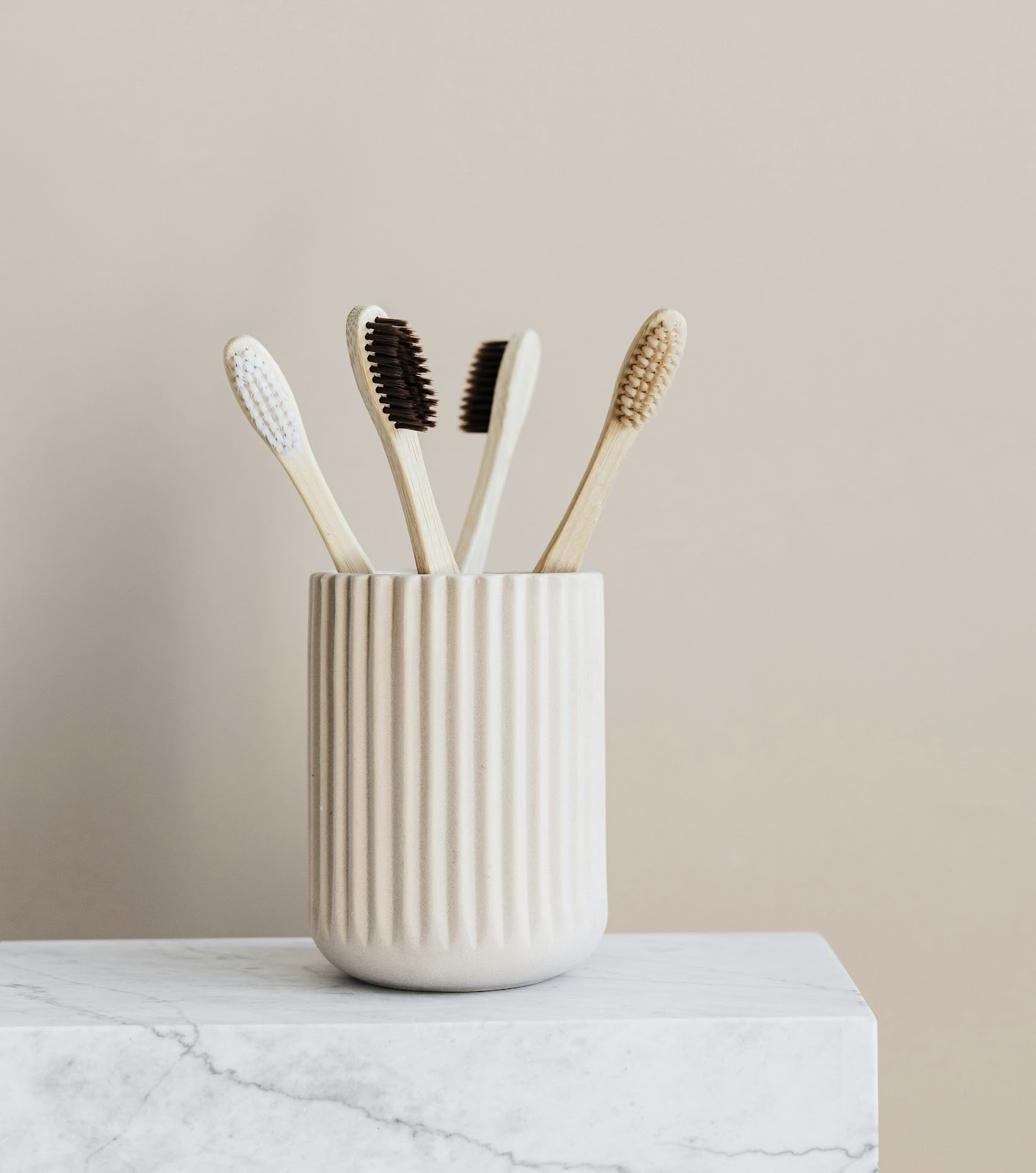
By V Solar-Miller
What do you know about polyamory? Chances are not much! Polyamory is the practice of having multiple romantic or sexual partners. Even if you know you’re not interested in having multiple partners, stick around! Polyamory has a surplus to teach you about how to be a better partner in your monogamous relationships, and a better friend in your platonic ones.
People decide to become polyamorous for various reasons; maybe you and your current partner are long-distance, you want to explore sex with a gender different from your partner’s, or it could just be an extension of an emotional or physical connection with someone that’s not your primary partner. Janet Hardy and Dossie Easton explain in their book, “The Ethical Slut,” that “having sex with someone outside of your relationship has nothing to do with the inadequacies of your primary partner.”
Nabila Wildman, a junior at CalPoly, has been polyamorous for five years. They explain their perspective on the differences between polyamory and monogamy: “When you’re in a monogamous relationship and you meet someone, you have the choice of being acquaintances or friends, but if you’re poly, it can also be a romantic or sexual thing,” they say. To outsiders, this freedom can often be misconstrued as polyamorous people wanting to be with whoever and not have any repercussions or be held accountable for messy choices. However, Wildman clarifies that polyamory “actually requires more communication and more trust in my opinion, because the boundaries aren’t already defined for you by society… you have to make those boundaries with your partners.” Sex and love are complicated, and as Wildman mentions, to be polyamorous, you must hold yourself accountable for your own feelings, and work to ensure those feelings are known to all partners.
The idea that love is limited has emerged from the capitalistic and nuclear family ideals of Western society. Wildman asks, “You have multiple friends that you love, multiple family members that you love… why can’t you have these other people that you love romantically?” This love scarcity mindset affects everyone, no matter your relationship status. You deserve to have your life overflowing with love, whether that comes from romantic/sexual partners, platonic friends, or found family. Why not accept romantic love into your life wherever you find it too?
Polyamory shares similarities with open relationships, rosters, and situationships, but there are no blurred relationship lines or repressed feelings. Wildman wishes they could dispel the idea that poly relationships aren’t real, or serious. “Cheating can happen in poly relationships, people can break your trust… those things aren’t off the table. Because in any relationship, there are understandings and agreements, like in any friendship or family relationship,” they said. Polyamorous relationships are just as serious as monogamous ones, and the same issues can arise in both.
Polyamory is difficult. It requires a ton of effort and honesty, and to be so real, some of us need a little more time and a couple more years of therapy to get over existing trust and intimacy issues–yet others might have been reading this article thinking, ‘hey this is something I could totally do!’ Wildman’s key piece of advice they tell people who are interested in polyamory is, “Every partner you have should be fulfilling your needs, if it’s a serious relationship.” You may have different needs being fulfilled by different partners, but you’re holding everyone to a standard of integrity as well as yourself. Wildman also says polyamory can teach you that, instead of holding value for your partner because of what they provide for you, you can learn to enjoy that person for the inherent value they bring to your life.
Wildman and I agree that everyone should take the time to consider polyamory as a possibility. The status quo dictates monogamy as a ‘one-size fits all’ relationship, and the truth is that it doesn’t work for everyone. So get honest! Own your shit! And always remember that love is all around us.
